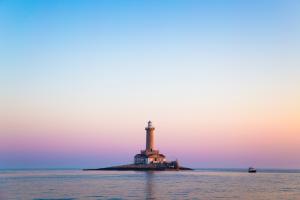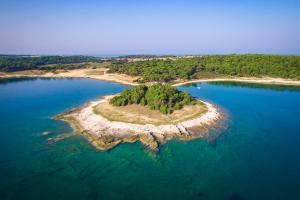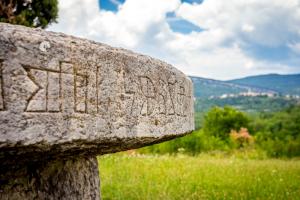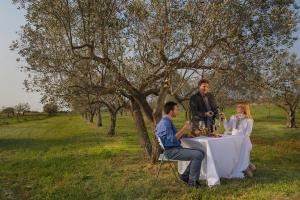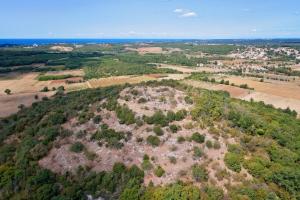Interesting bits from the history of Vrsar
In Vrsar, just like everywhere else in Istria, the typical diet of the inhabitants throughout history was based on stewed vegetable dishes, while meat as part of the meal appeared rather scarcely, mostly during religious holidays and celebrations. Different types of cereal crops, olive oil and wine are mentioned as the most often used ingredients in the modern period. Since the Bishop of Poreč had sovereignty over Vrsar, he supervised the trade of these products through his officers. The quality of the products was also supervised so that poor quality and counterfeit products would not appear. In order to sell, import or export the mentioned products the officials of the Vrsar County had to previously issue an explicit authorization. The peculiarity of the modern period is its inns and taverns. The role these had when it came to social life was enormous, which can be perceived through the custom of precisely establishing the way they worked. The county authorities prescribed their working hours, banned playing cards and any other games there, decided these were not to be open on Sundays and holidays, and imposed a strict quality monitoring of the wines served there. The inns and taverns could pour wine only from barrels that had been previously sealed by the county officials. Any other practice was severely punished. Especially harsh penalties were inflicted in cases of wine quality frauds, i.e. if guests were given some fraudulent wine or the one of dubious quality (the wine that didn’t obtain marketing licence). The county officials inspected the wine measures so that the inn and tavern owners would not resort to the misuse of the quantity of wines and other beverages served to the guests. The inns and taverns of Vrsar were marked by signs, frasco, in the way compliant with the prescribed legal acts.












